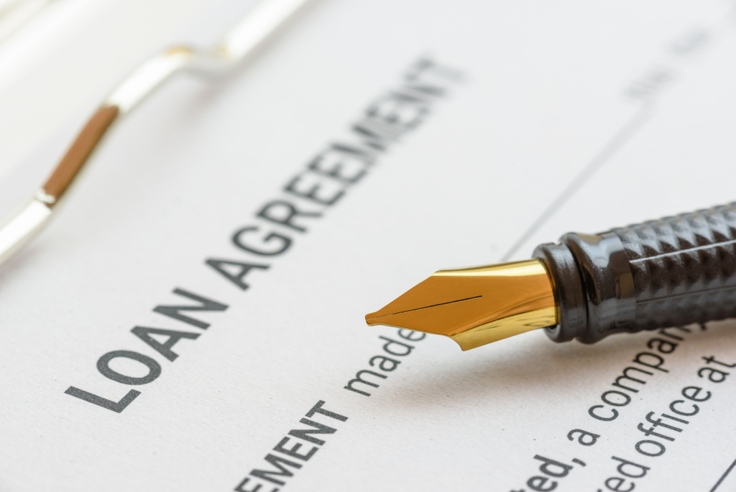
Inheriting a House With a Mortgage: What to do
Losing a loved one can be a difficult and emotional time for anyone involved but adding inheriting a house with a mortgage to the mix as well, it’s bound to make life even more stressful. In this post, we’ve simplified everything you need to know if you are inheriting a house with a mortgage, along with some useful tips to make the process as seamless and stress-free as possible.
What happens if you inherit a house with a mortgage in the UK?
Often when buying a house, the homeowner agrees an instalment
of payments when the loan is created. As a result, this means that the estate
(total value of assets) becomes collateral for the mortgage. If the borrower is
unable to settle their monthly repayments, the bank can take back possession of
a mortgage property to retrieve their money.
This means that the executor of the property (the person managing
the affairs of a deceased person’s property) will become responsible for
settling the mortgage before distributing the profits to the beneficiaries.
If you are the sole heir to the house, are inheriting a house with a mortgage and accept the position of administrator, it is likely that it will be your responsibility to rectify the debt. To do this, you must apply for a probate first which usually takes between 9 and 12 months from beginning to end.

When should you let the mortgage lender know?
As soon as you are able to, it is important to speak with the
deceased person’s mortgage lender as soon as possible to inform them that the
homeowner has passed away. At this point you should let the lender know that
you have inherited the house with a mortgage, and they will be able to discuss
the next steps with you.
Generally, under the circumstances, the mortgage company
will be flexible. Once the mortgage company is informed, they may be able to
allow the property to go into deficit without any penalty, but this will be
reviewed on a case-by-case basis depending on the lender and their rules.
However, it’s worth noting that nothing more can be done without the grant of probate.
How to avoid foreclosure
There are several avenues you can take to prevent repossession occurring when inheriting a house with a mortgage. Initially, you have a bit of time to choose the best way to resolve the inherited debt and prevent a foreclosure (taking possession of a mortgaged property when mortgage payments aren’t met). This is because the mortgage’s interest and payments are likely to be put on hold until the grant of representation has been finalised.
Ways to avoid a forced sale of an inherited property:
- Sell significant assets inside the house to settle the mortgage
- Refinance the house and continue making monthly repayments
- Decide to sell the home quickly to cover the costs of the mortgage
- Use your rainy-day savings or personal assets
- Check the terms within the deceased’s life insurance
What happens to a joint mortgage when your spouse dies?
If your partner has passed away, you’ll be pleased to know that you are not automatically responsible for the whole joint mortgage. Instead you will need to apply for a new mortgage loan in your name.
It is worth noting that you need to prove that you can afford to meet these repayments and meet the new mortgage requirements, otherwise you may be refused a mortgage and even face repossession.
Financing a mortgage after the death of a spouse can be expensive. It is worth exploring the terms and conditions of your partner’s life insurance, you may be entitled to money which could be offset against the mortgage. If their insurance coverage was placed in a trust, you might be able to avoid waiting for the completion of probate to be completed.

Home equity loan on inherited property
If you want to keep the home, you will need to apply for
mortgage or cover the outstanding mortgage outright. However, the probate
process must be completed before the new loan begins.
The new loan can either be for a residency or buy-to-let. If
you would still like to keep the property in the family name or hold off on a sale
until a later day, you may want to remortgage to rent the property.
However, there are significant responsibilities and costs associated with this, such as pay income tax on the profits made, so be sure to read up about becoming a landlord about this before going ahead.
Alternatively, if you would like to sell the property quickly to pay off the mortgage, it may be a good idea to consult a quick home sale company, and use the remaining money to move elsewhere and downsize.
Beware: If you choose to go down this route, be sure to watch out for We Buy Any House scams, as you may end up out-of-pocket.
If you would like any further information or a free quote, get in touch with our team today.
Read more: Your Guide to Inheriting a Home
Feature image credit: Africa Studio / Shutterstock


